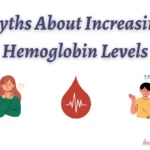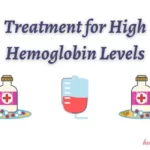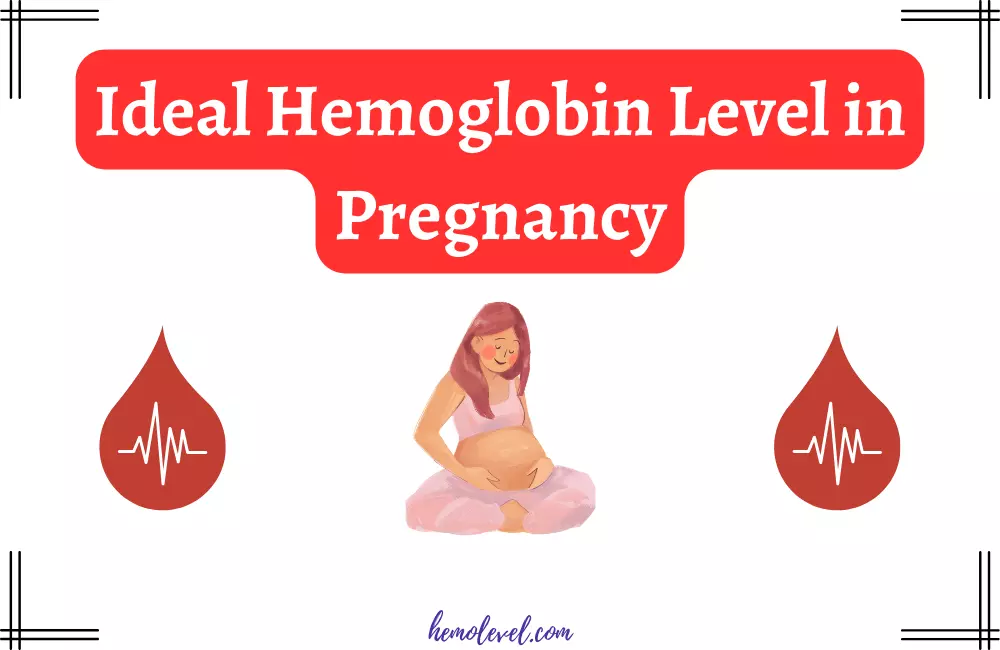Ideal Hemoglobin Level in Pregnancy
Last updated on December 16th, 2023
Pregnancy is a remarkable journey filled with excitement and anticipation. Ensuring the well-being of both mom and baby is crucial. One vital aspect to monitor during this time is hemoglobin levels. Let’s delve into what constitutes the ideal hemoglobin level during pregnancy and why it matters.
Hemoglobin’s Role in Pregnancy:
Hemoglobin, often called the body’s oxygen carrier, plays a critical role during pregnancy. It ensures that both the mother and the growing baby receive an adequate supply of oxygen, contributing to a healthy and thriving pregnancy.
Ideal Hemoglobin Level During Pregnancy:
The ideal hemoglobin level during pregnancy can vary, but generally, it falls within the range of 11 to 13.5 grams per deciliter (g/dL). This range helps support the increased blood volume that occurs during pregnancy, ensuring optimal oxygen delivery to both the mother’s body and the developing fetus.
Why Hemoglobin Monitoring Matters:
Monitoring hemoglobin levels is essential for several reasons during pregnancy:
1. Preventing Anemia:
Maintaining an ideal hemoglobin level helps prevent anemia, a condition where there’s a shortage of red blood cells or hemoglobin. Anemia can lead to fatigue and impact the overall health of both the mother and the baby.
2. Ensuring Oxygen Supply:
Adequate hemoglobin levels ensure a sufficient oxygen supply to the baby, supporting proper growth and development of organs and tissues.
3. Preventing Complications:
Monitoring hemoglobin levels helps prevent complications such as preterm birth and low birth weight, which can be associated with inadequate oxygen supply.
Factors Influencing Hemoglobin Levels in Pregnancy:
Several factors can affect hemoglobin levels during pregnancy:
1. Nutrition:
A well-balanced diet rich in iron, folic acid, and vitamin B12 is crucial for maintaining optimal hemoglobin levels. Iron-rich foods include spinach, lean meats, and fortified cereals.
2. Supplements:
Prenatal supplements prescribed by healthcare providers can help meet the increased demand for nutrients during pregnancy, supporting hemoglobin production.
3. Hydration:
Staying adequately hydrated is vital for maintaining blood volume and preventing dehydration, which can impact hemoglobin concentration.
Detecting and Addressing Low Hemoglobin Levels:
Detecting low hemoglobin levels is typically done through routine blood tests. If levels are lower than the ideal range, healthcare providers may recommend interventions such as:
1. Iron Supplements:
Iron supplements may be prescribed to address iron deficiency and boost hemoglobin levels.
2. Dietary Adjustments:
Modifying the diet to include more iron-rich foods and nutrients can contribute to increasing hemoglobin levels.
3. Regular Monitoring:
Regular check-ups with healthcare providers ensure ongoing monitoring of hemoglobin levels throughout the pregnancy.
Maintaining Hemoglobin Levels Naturally:
In addition to supplements and medical interventions, expecting mothers can maintain ideal hemoglobin levels naturally by:
1. Eating Iron-Rich Foods:
Incorporating foods like beans, lentils, and leafy greens into the diet can provide a natural source of iron.
2. Balanced Diet:
Ensuring a well-rounded diet that includes a variety of nutrients supports overall health, including hemoglobin levels.
Conclusion:
Maintaining the ideal hemoglobin level during pregnancy is vital for the well-being of both the mother and the baby. Regular monitoring, a nutritious diet, and appropriate interventions when needed contribute to a healthy pregnancy journey. Always consult with healthcare providers for personalized advice and guidance tailored to individual needs.
STAY HAPPY, STAY HEALTHY !!!
Also Read:
- Most Common Questions on Hemoglobin Levels

- Myths about increasing Hemoglobin Levels

- Treatment for High Hemoglobin Levels: How to Lower Your Levels Safely

To Know more about Hemoglobin Levels, visit hemolevel.com
